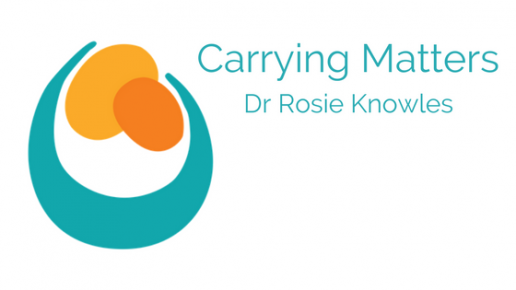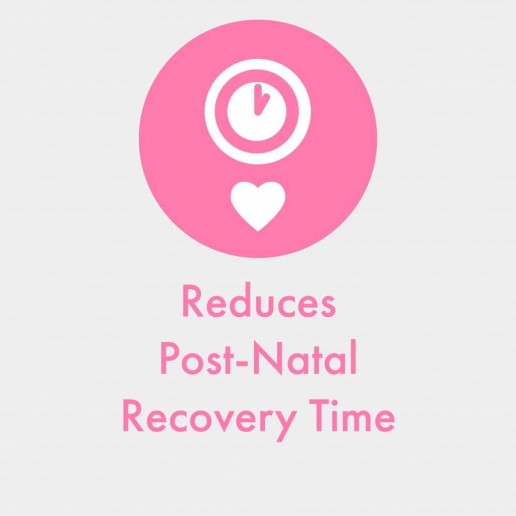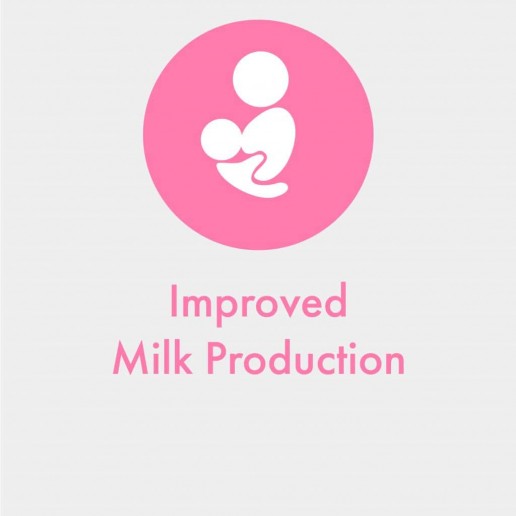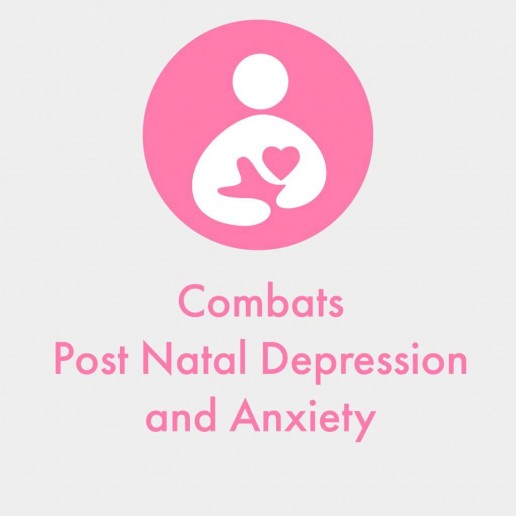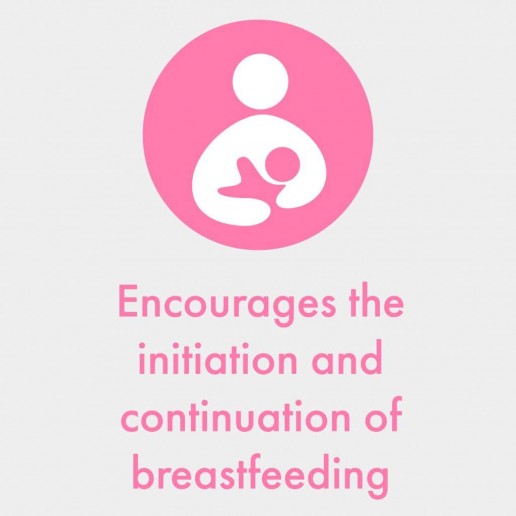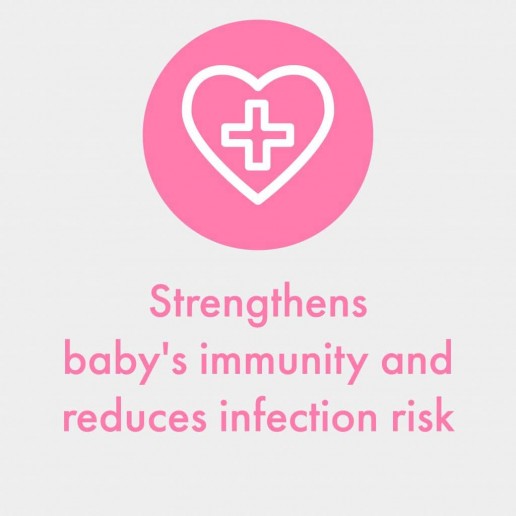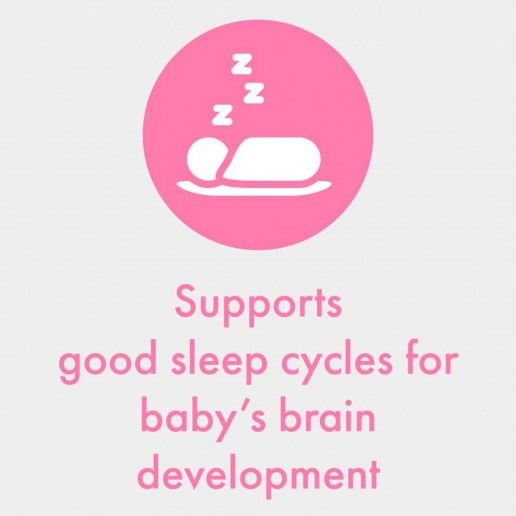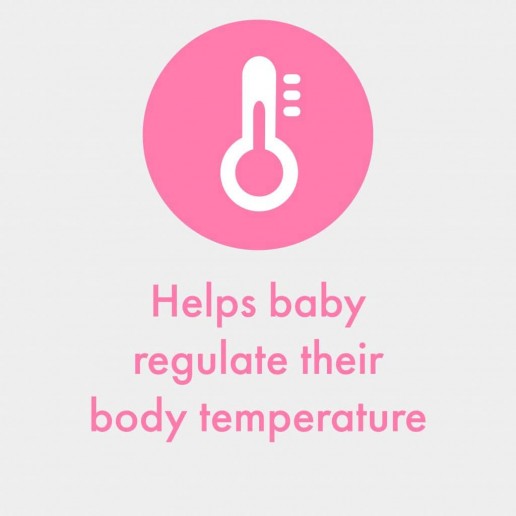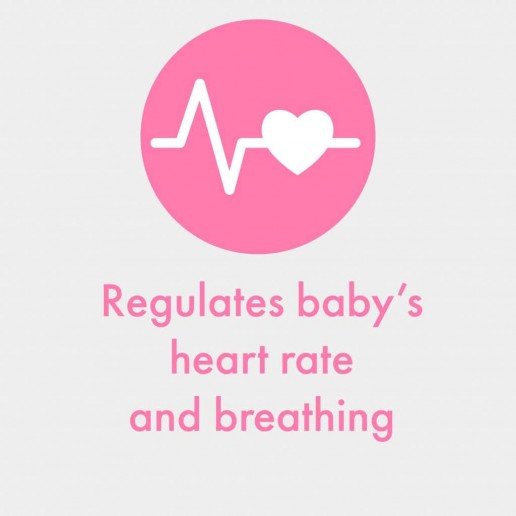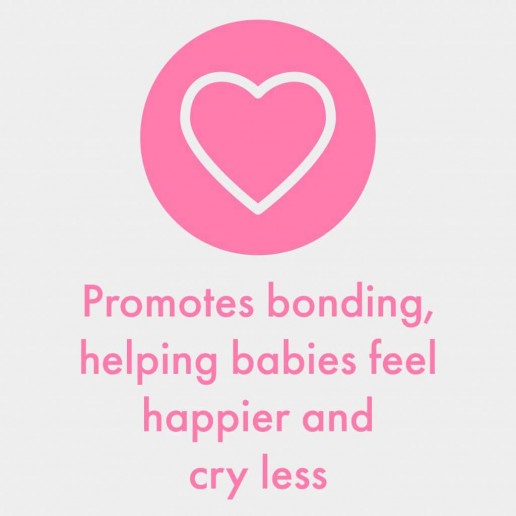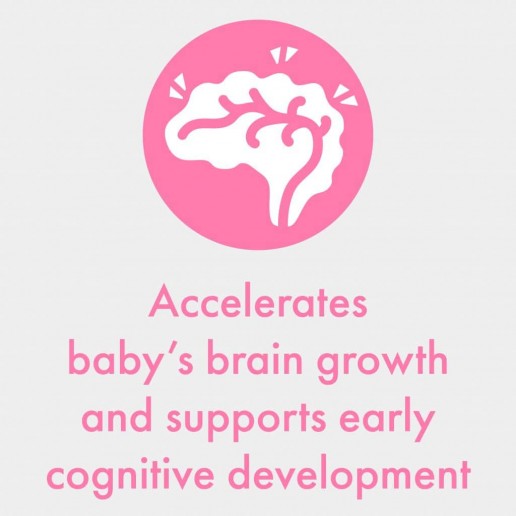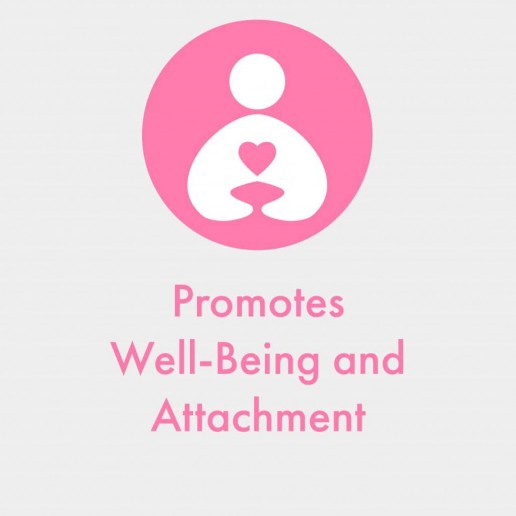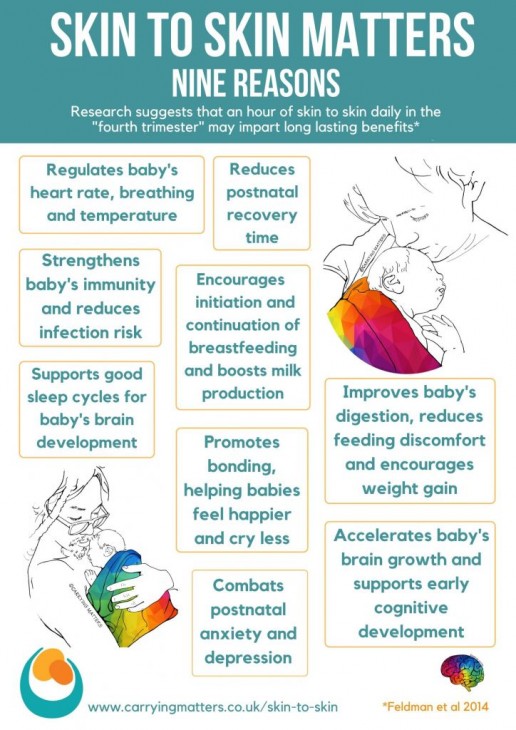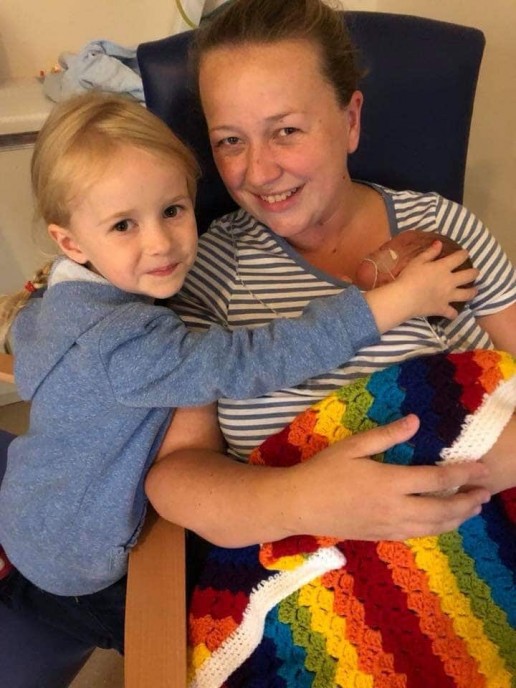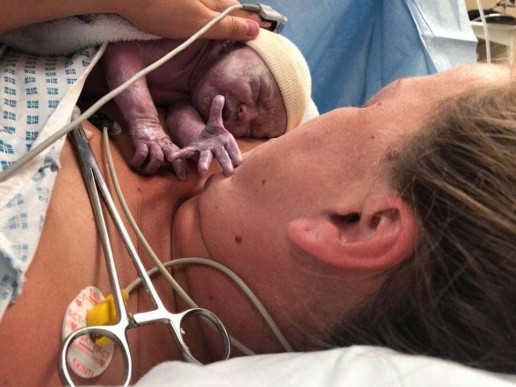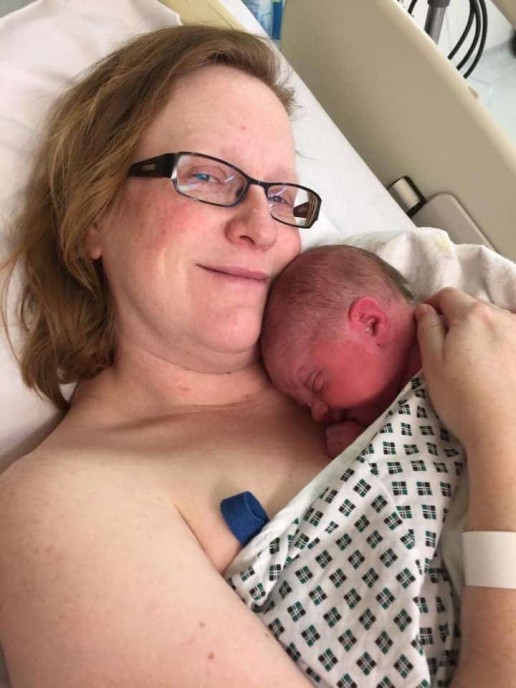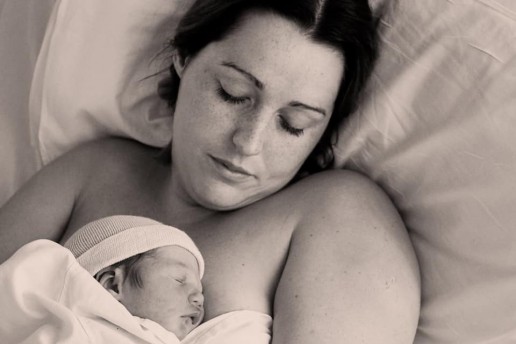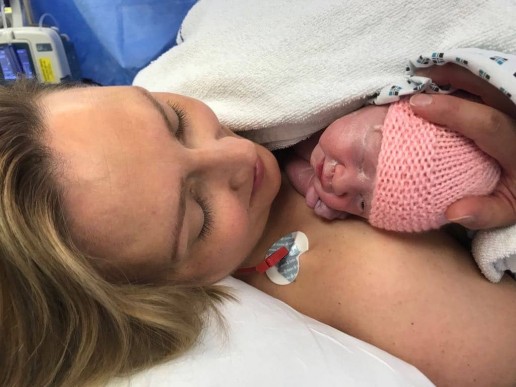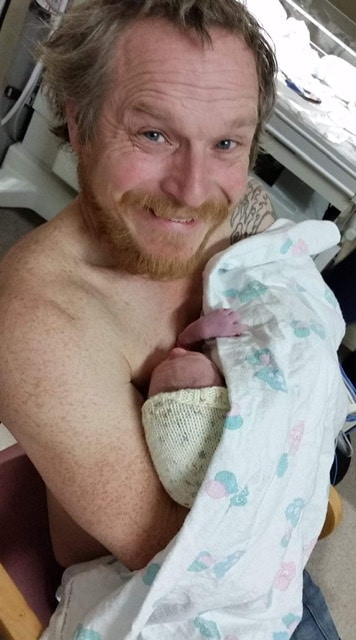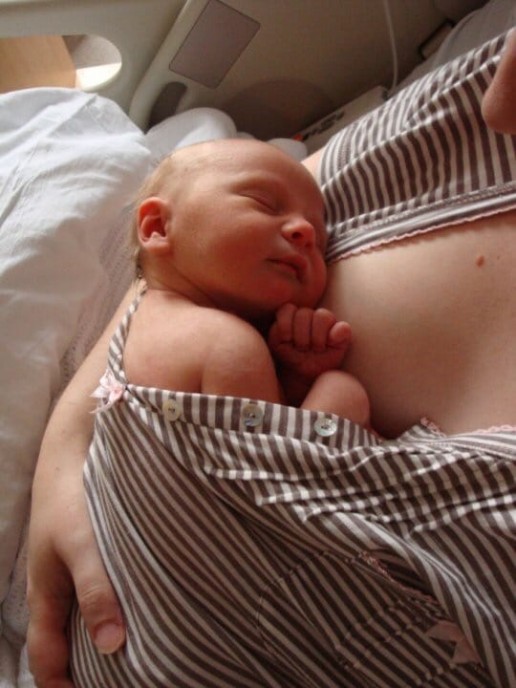Skin to skin contact, also known as "kangaroo care", is one of the simplest yet most effective practices to help babies and their carers make the transition to life as a new family, supporting the development of essential bonds.
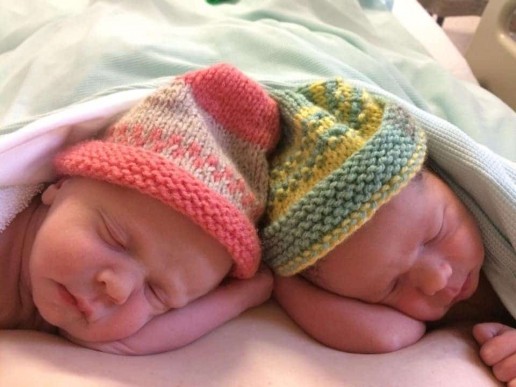
It is a major part of helping the baby to adjust to life outside the womb; the “fourth trimester” concept, and is highly important for supporting mothers to initiate breastfeeding and for carers to develop a close, loving relationship with their baby.
What exactly is skin to skin?
Here is the Unicef definition.
It is usually referred to as the practice where a baby is dried and laid directly on their mother’s bare chest after birth, both of them covered in a warm blanket and left for at least an hour or until after the first feed. Skin-to-skin contact can also take place any time a baby needs comforting or calming and to help boost a mother’s milk supply. Skin-to-skin contact is also vital in neonatal units, where it is often known as ‘kangaroo care’, helping parents to bond with their baby, as well as supporting better physical and developmental outcomes for the baby.
Why does it matter?
Outcomes for babies and their parents are better when kangaroo care is offered, especially with premature or low birthweight infants. A collection of studies examined outcomes for mothers and healthy newborns and concluded that there were clear benefits for physiological development, breastfeeding outcomes, emotional wellbeing. Other studies are helpfully summarised here, showing enhanced bonding and attachment, and likely a direct impact on infant development by contributing to neurophysiological organisation and an indirect effect by improving parental mood, perceptions, and interactive behaviour.
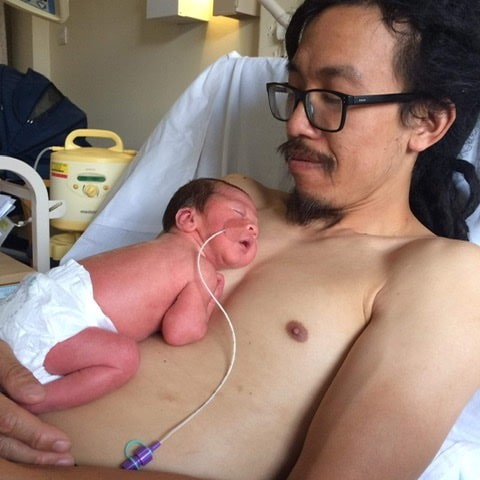

The major benefits of skin to skin care can be summarised in these images (thanks to Vija UK).
How is this thought to happen?
At birth, the neonatal brain has two critical sensory needs; smell and contact that is warm and soft. (Dr. Nils Bergman). Frequent skin to skin contact meets these needs in abundance, allowing the brain and the body to begin the process of adjusting to the outside world optimally, forging a pathway from the baby’s amygdala to its frontal lobe. This connects the newborn’s emotional and social brain circuits. Mothers also need early uninterrupted contact with their babies to fire up their hormonal response; that is, the release of oxytocin that helps breastfeeding and bonding to get going. Oxytocin and soft touch build connection and empathy, helping people to connect and care about each other. Studies suggest that an hour a day of skin to skin in the first 14 days is enough to derive long lasting benefits.
The mother’s body remains the baby’s natural home for many months after birth, and a policy of zero separation at birth is ideal for creating the conditions that allow new families to thrive. Fathers (and other primary caregivers) also benefit from skin to skin contact and this should be encouraged.

The impacts of this early contact are long lasting. Feldman et al in 2014 showed that kangaroo care “increased autonomic functioning and maternal attachment behaviour in the postpartum period, reduced maternal anxiety, and enhanced child cognitive development and executive functions from 6 months to 10 years.”
Skin to skin is clearly a fantastic thing; and the best thing about it is that the close contact in the early hours, weeks and months is normal human instinctive behaviour. It is free and effective; and should be available to all new families.
Simple wraps or specialised “kangaroo care” shirts can offer a more prolonged time skin to skin, and allow a parent/carer to move around, however it is the close contact itself, not the tool, that matters here!
What if I couldn’t do skin to skin with my child?
Not every parent/carer has the opportunity to experience skin to skin, for a wide range of reasons. This can be a source of sadness and concern, however, there are many ways to bond with your baby and help them to form secure attachments. Skin to skin is one very helpful practice, but it is not essential for relationship forming.
Your ability to bond with your baby is not determined by your birth experience, whether or not you were able to offer kangaroo care at birth or later, how you feed your child or where they sleep. It doesn’t depend on your gender or your family set-up. Relationships form by experiencing a sense of connection and love. Children learn how to love by being loved. Playing, talking, cuddling, snuggles, reading to your baby, bathing them, being responsive and present are the things that matter.

